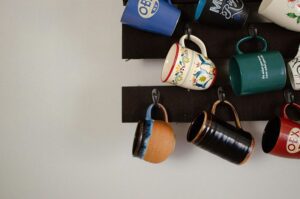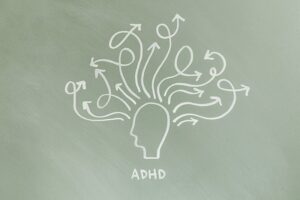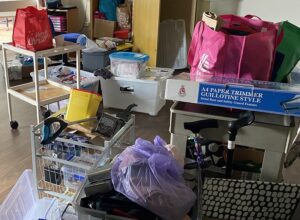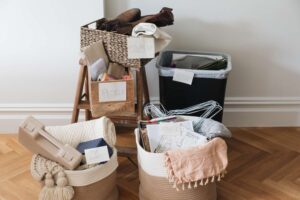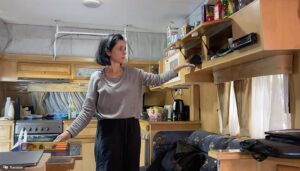
Why does your house seem to descend into chaos? Why do problems pop up on their own, while solutions demand effort and energy? Murphy’s Law says that “anything that can go wrong, will go wrong.”
Maybe it’s not your fault, or Murphy’s. Maybe you can blame it on the second law of thermodynamics – entropy.
Entropy is the natural tendency of things to lose order. The higher the entropy, the higher the chaos. Physics dictates that entropy tends to increase over time, because natural systems don’t have the energy to maintain and rebuild. Buildings crumble, people age, weeds grow, paint fades.
Have you ever seen photos of old abandoned buildings? Weeds poke through and nature eventually takes over.
Entropy and organising – a problem of physics
Entropy and organising are related. A puzzle is incredibly unlikely to fall into place just by dumping it out of the box. Mathematically speaking, a chaotic outcome is far more likely – a mess of pieces. Organising requires effort.
Likewise, when you think about the millions of ways you could organise a cupboard, disorder is a lot more likely that organising it in a useful or particular way. Entropy is the more probable outcome.
Another idea, this time about volume: if you have 3 figurines to arrange in a row, there is a small and finite number of ways to do that – 6, to be specific. The options increase if you add more items, sometimes drastically. (Look up combinatorial explosion) Entropy increases alongside the number of items.
There are about 300,000 items in the average American home, so the possible permutations are mind-boggling.
The universe and the laws of physics are stacked against you. But don’t give up hope.
Entropy and organising – the solution
Entropy and organising are inversely correlated, but you can subvert nature with effort. Systems will only break down without input of energy. Organise, then maintain your space by putting things away consistently. Keep in mind a couple of things:
- have a place for everything.
- don’t put it down or put it off, put it away.
- if it takes less than 2 minutes (or even more than that), do it now.
Equally important to remember is that as your belongings increase so does entropy and mess. Think of the figurine example. Fewer items means a lower likelihood of entropy.
Declutter, stop acquiring and live more simply.
Often the answer is less, not more.

